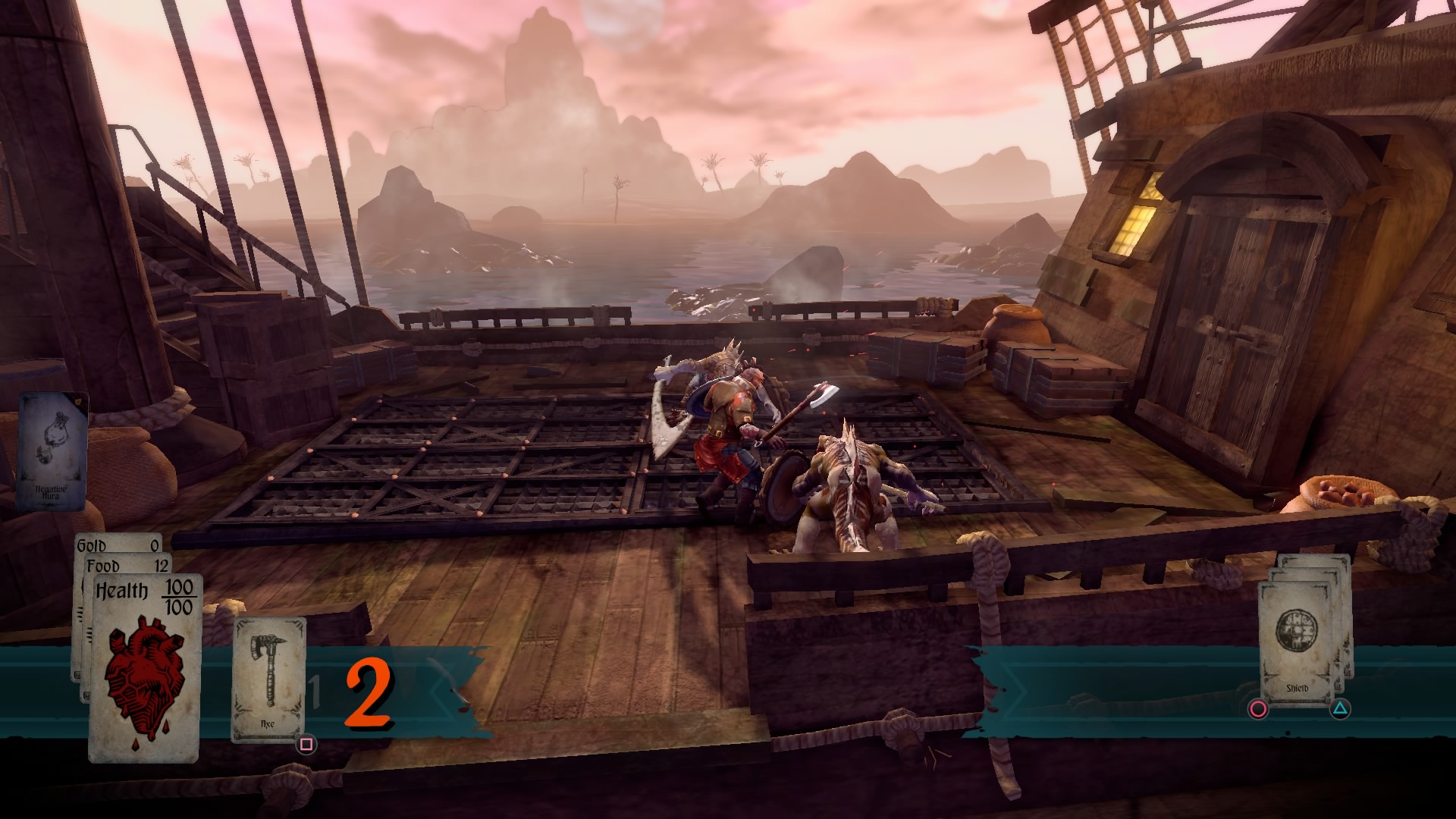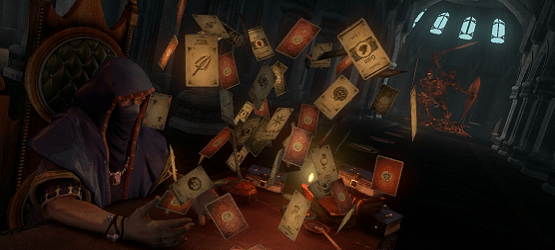Remember the days of gathering in your friend’s basement to participate in an adventure game where imagination was key? Remember flipping through pages of cards in a binder as you sought to create a perfect deck? Remember the punishing and grueling early days of video games where every death sent you back to square one? Hand of Fate is the amalgamation of these ideals and lost memories as we’ve moved into an era of games that no longer require our imagination and hold our hands to the point where death is little more than a nuisance that sets us back by a few minutes here and there. It is an adventure that takes place entirely at a table.
Shuffling the Cards
A masked man sits waiting for you, cards hovering in the air. All you can see are his eyes, full of intent and purposes. He is your dungeon master, and it is time to play his game. Shuffling the deck, he lays out a randomly drawn path of cards face down. What does your fate have in store for you? Like any good game of Dungeons & Dragons, every new adventure in Hand of Fate feels familiar, yet can radically differ from any of your previous times playing.
Here’s the gist of the game. You create two decks of cards. One is an inventory deck full of things like weapons, armor, and a variety of other items to help you out in your quest. The other is an encounter deck, full of a variety of encounters that may be presented to you on the game board. As you move to each new space, that card is turned over and a random encounter takes place. The goal is to get to the boss card battle and defeat it in order to collect that card, which has the reward of additional card unlocks that you can use in your decks for future sessions. The catch? Fall to zero health before you reach that boss card and your adventure starts over. You will need to work your way through the game board again with a newly shuffled deck and hope that this hand gives you a better fate than the last.
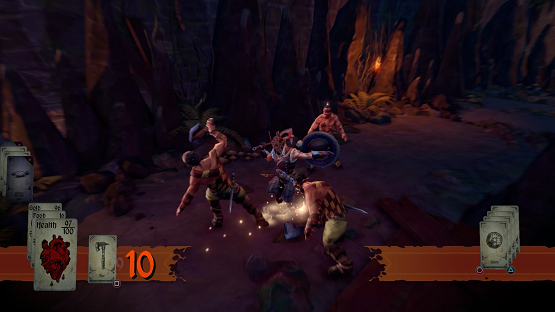
These D&D style mechanics are incredible and the text adventure that the player takes part in allows imaginations to flow free. For example, one card presents me with a ravine, and the glint of a weapon at the bottom of it. Do I attempt to shuffle down the ravine to get it, or move on? Well, I don’t have a weapon yet, so as I pick yes, four cards are presented to me. Three say success, one says failure. They are turned face down and shuffled. I pick one. Failure. Just my luck. I slip and tumble down the ravine and have to draw one pain card, but I am also still allowed to draw a weapon card and end up getting a pretty sweet flaming hammer. I move back to the top of the ravine and make my way to the next encounter.
Imagination is Key
All of this is presented to me in text, and yet I get to make my own ravine, my own idea of what tumbling to the bottom looks like, and my own bruised triumph at getting a cool new weapon, all in my imagination. It may seem like a step backwards, but sometimes not having something fully offered allows you to create exactly what you want it to be for yourself. The story written in the encounter cards traverses many of them and I found the interconnected story of the cards to be just as intriguing as the story that I was crafting for myself. Even coming upon the same cards yielded random and unpredictable outcomes. In one scenario I met a beaten man who asked me to go after a group of thieves for him. When I came across this same encounter card in a later session, he instead lunged and attacked me because I had an artifact equipped that he wanted.
This unpredictable nature can completely change the course of this table-bound adventure and both send a great play session to a sudden and terrible death, or grant a renewed vigor to a session that was looking particularly unfavorable. Later instances of the game begin adding more elements like curses, blessings, and a slew of additional enemies, encounters, and card unlocks that further make each time sitting down with Hand of Fate vastly unique from the last.
Sadly, Hand of Fate does turn over one less-than-favorable card. The combat system doesn’t quite feel right, and some of my worst losses were not due to the cards, but due to wonky mechanics or glitches that impacted the third-person brawler styled combat. The fighting system is pretty basic and inspired by the Arkham series and other similar titles. Square attacks, triangle counters when a green marker appears, and X does a dodge-roll to avoid attacks that can’t be countered. Depending on the combination of enemy cards drawn prior to encounters, and your own gear setup, your game can go south extremely quickly.
Unbalanced Scales?
While a simple fight against bandits is easy enough, getting into a skirmish with six ratmen that repeatedly spew poison and four lizardmen who shoot fire and have shields feels obnoxiously unbalanced. When you consider that in addition to the traps, small battle arenas, and imperfect controls, some fights can feel more like an overwhelming chore than an entertaining distraction from the cards. That’s not to say that all battles feel this way, but there could certainly be some balancing done to the enemies to at least make them feel manageable. Perhaps that’s all just part of the luck of the cards. I also ran into a glitch in a number of battles where the attack warning markers would not appear on the screen, making it impossible to tell when I needed to counter attacks.
Bad luck also seems to run rampant in the cards, and I found myself at the mercy of drawing failure and huge failure cards more often that I would have liked to see. However, Fate is the name of the game (or at least one of the three words that make up the name of the game) so it was to be expected that fate would sometimes not smile so kindly upon my game session. Sometimes bad luck would happen, which would just make the good luck moments feel all the more rewarding. Given that some of my bad luck was based on my own decision to venture into a dark cave with less than half my health or to try to steal from a nobleman when I was near death, I really can’t say that I didn’t have it coming to me.
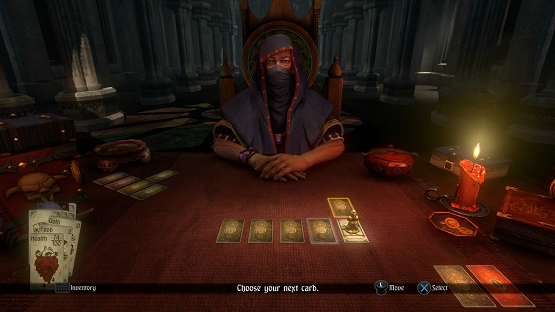
Fortunately the missteps in the combat do little to impact my overall enjoyment of the Hand of Fate, and my spats of bad luck did little to deter me from playing further. I was hard pressed not to immediately start up a new session right after I would die, just to see. Just to check what the deck might have in store for me. Some sessions would last less than ten minutes before my health was drained. Some would nearly see the hour mark before a stupid decision sent me cavorting to my death. And sometimes, just sometimes, I would successfully make my way through to the boss and defeat it, each victory feeling like a true triumph and another chapter closed on a tale that I was creating for myself, all with a mysterious man in a mask and a deck of cards. Hand of Fate may not be that game that is shoving the visuals and story down your throat, but Defiant Development is allowing my imagination to be a part of their development team in order to help craft my own tales of failure, success, and luck, and that right there is a fantastic hand to me.
Hand of Fate review copy was provided by the developer. For information on scoring, please read our Review Policy here.
-
Dungeons & Dragons meets collectible card game meets roguelike
-
Extremely high replay value
-
Defiant allows you to use your own imagination
-
Combat system can feel unbalanced and off
-
That streak of bad luck... but it's the name of the game
Hand of Fate Review
-
Hand of Fate
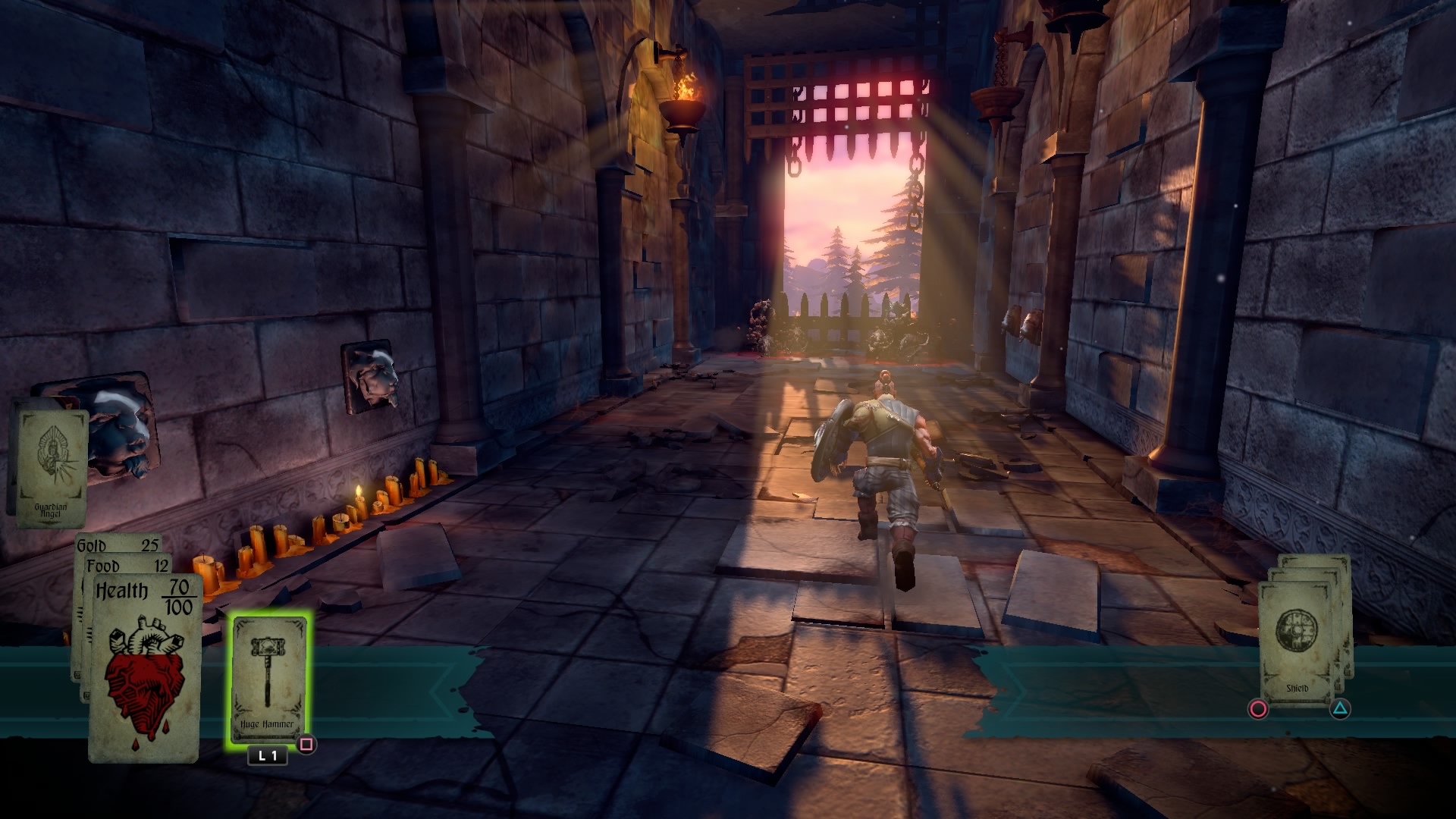
-
Hand of Fate
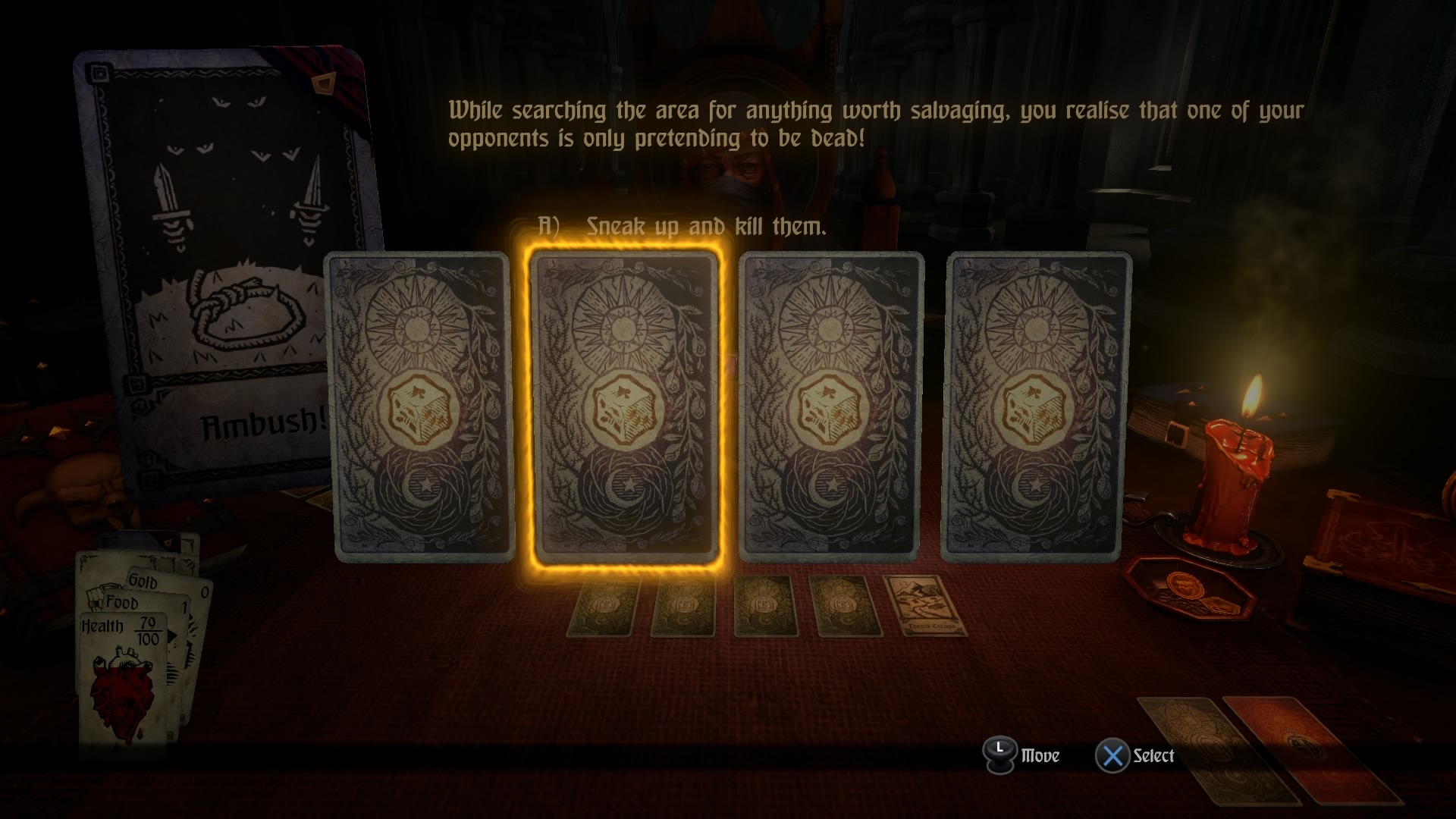
-
Hand of Fate
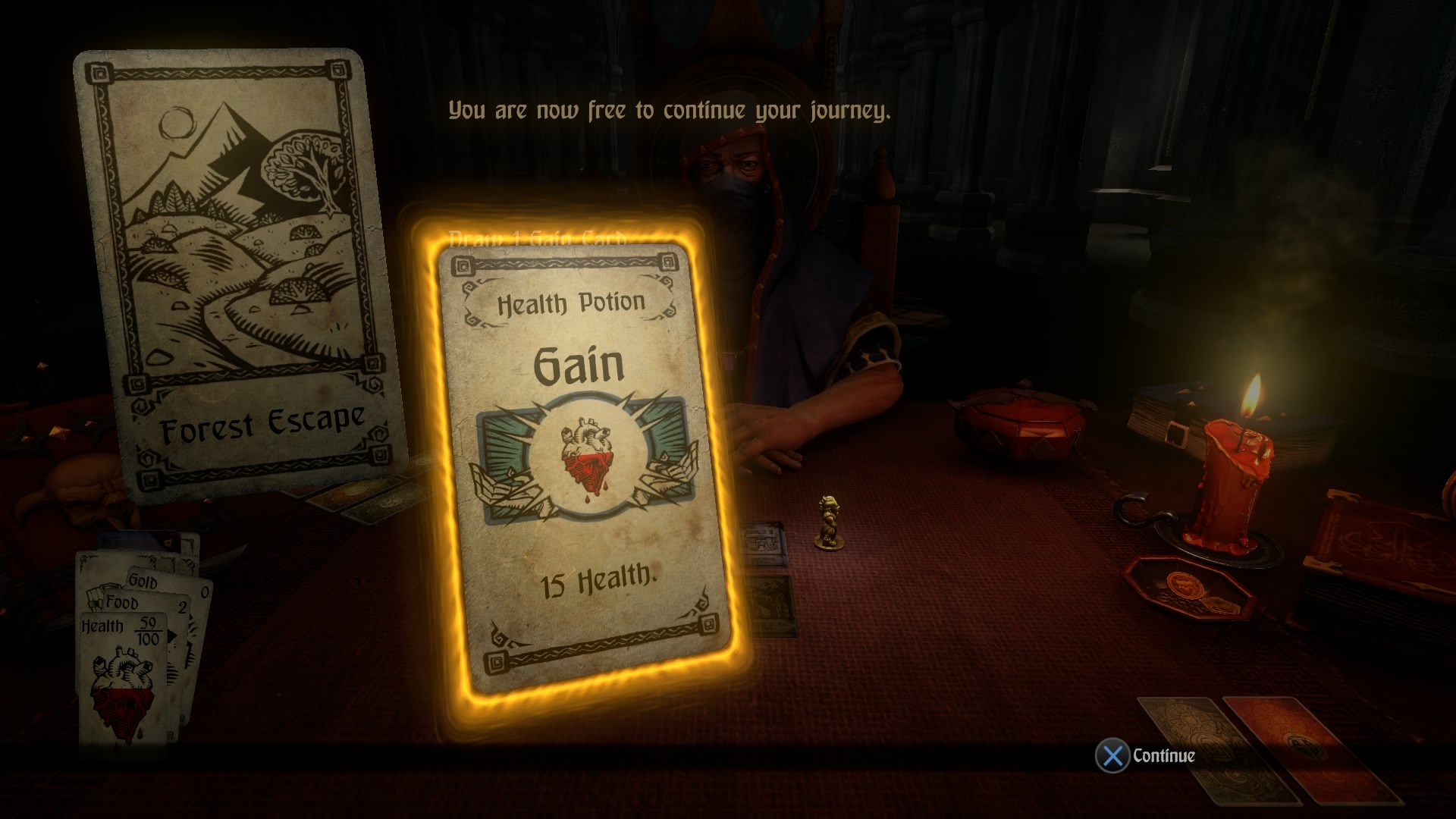
-
Hand of Fate
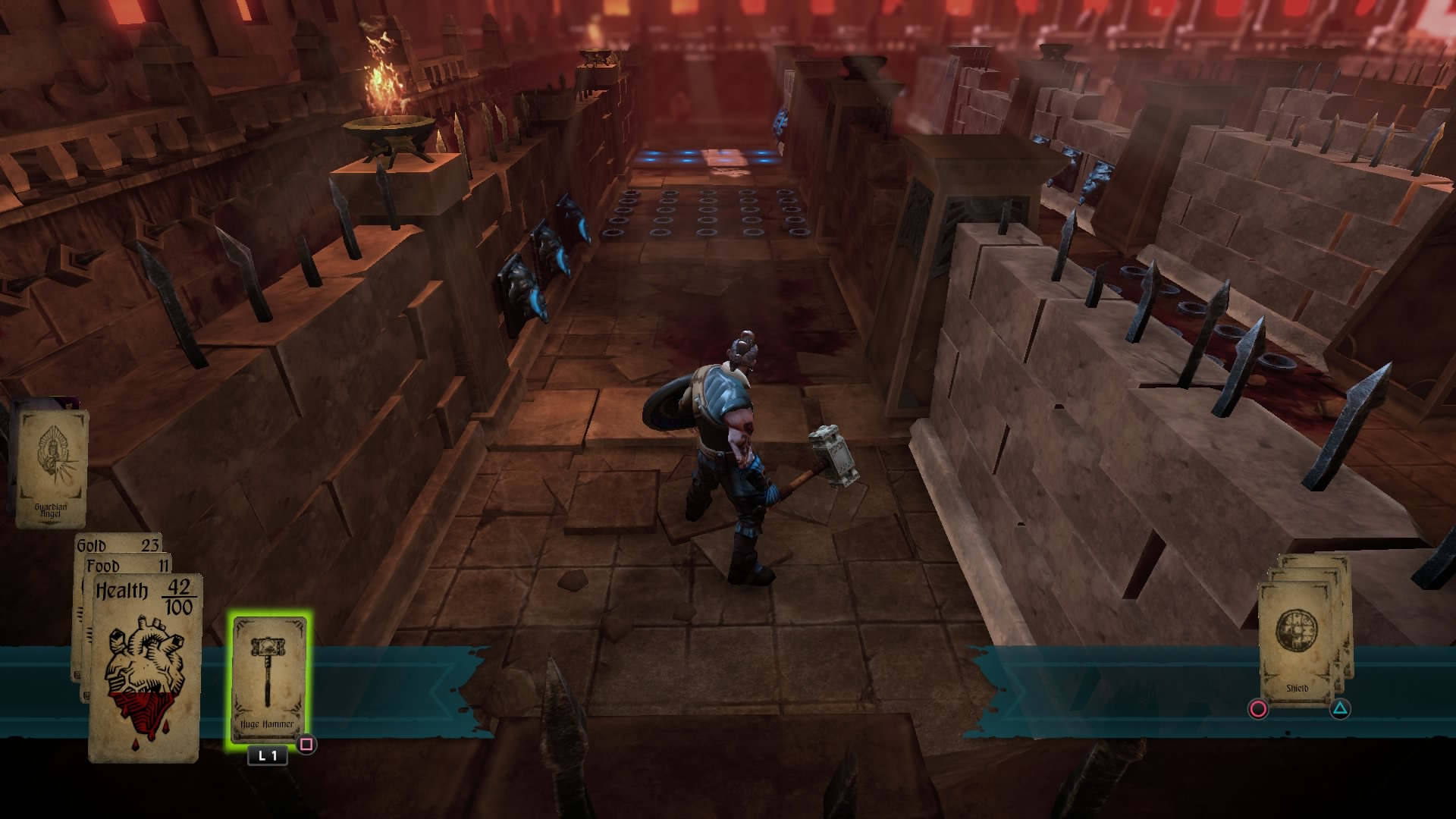
-
Hand of Fate
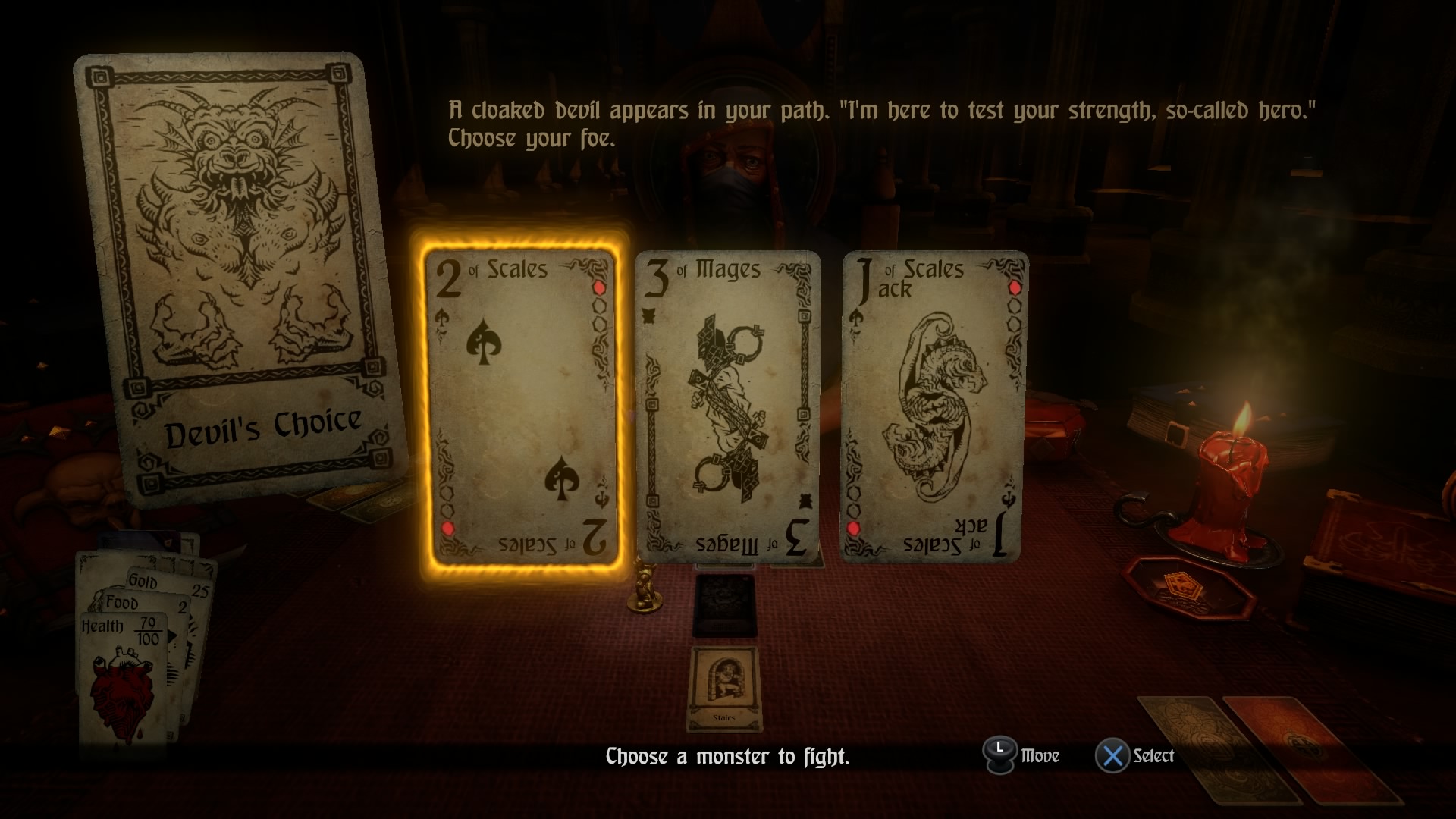
-
Hand of Fate
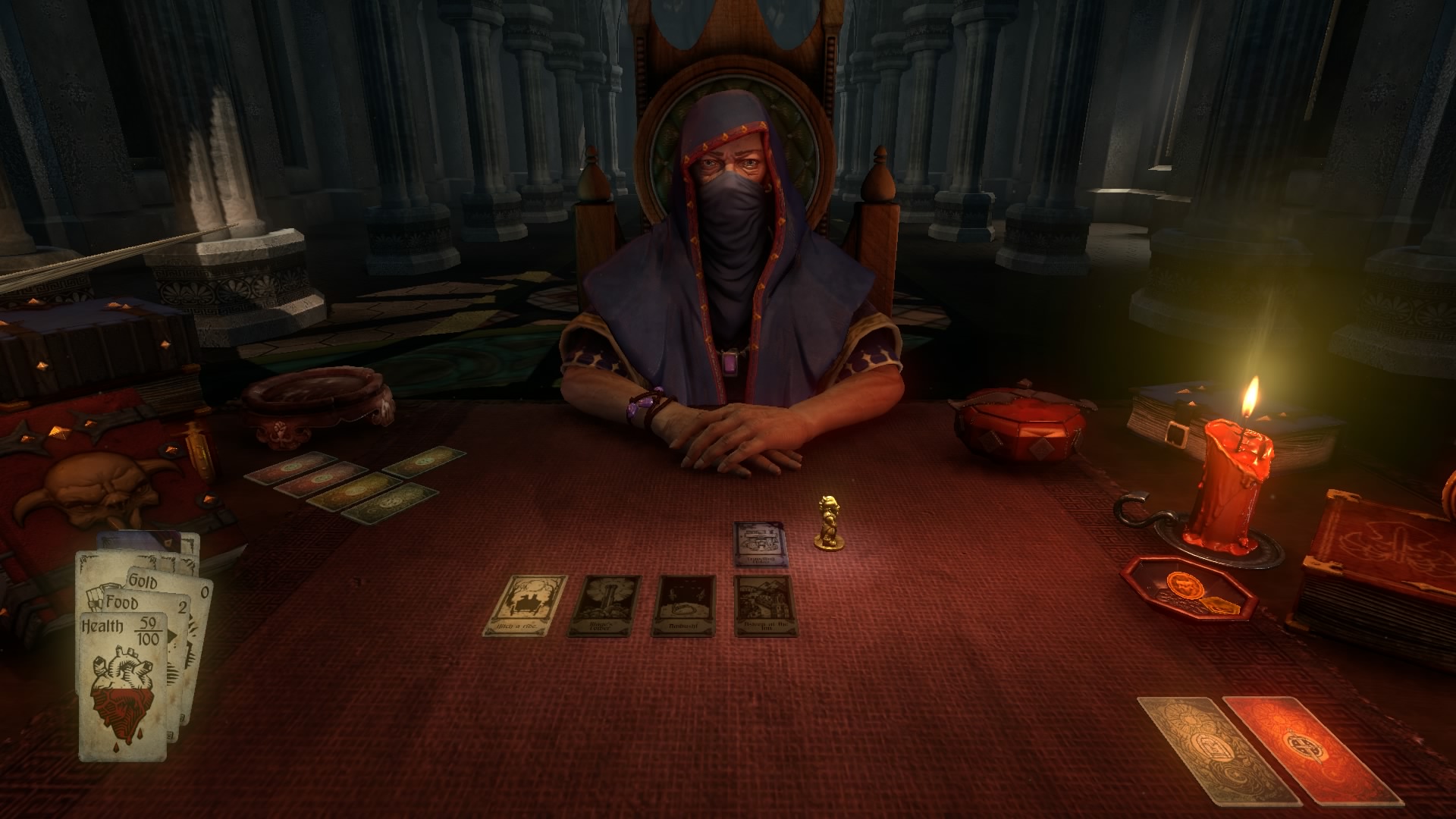
-
Hand of Fate
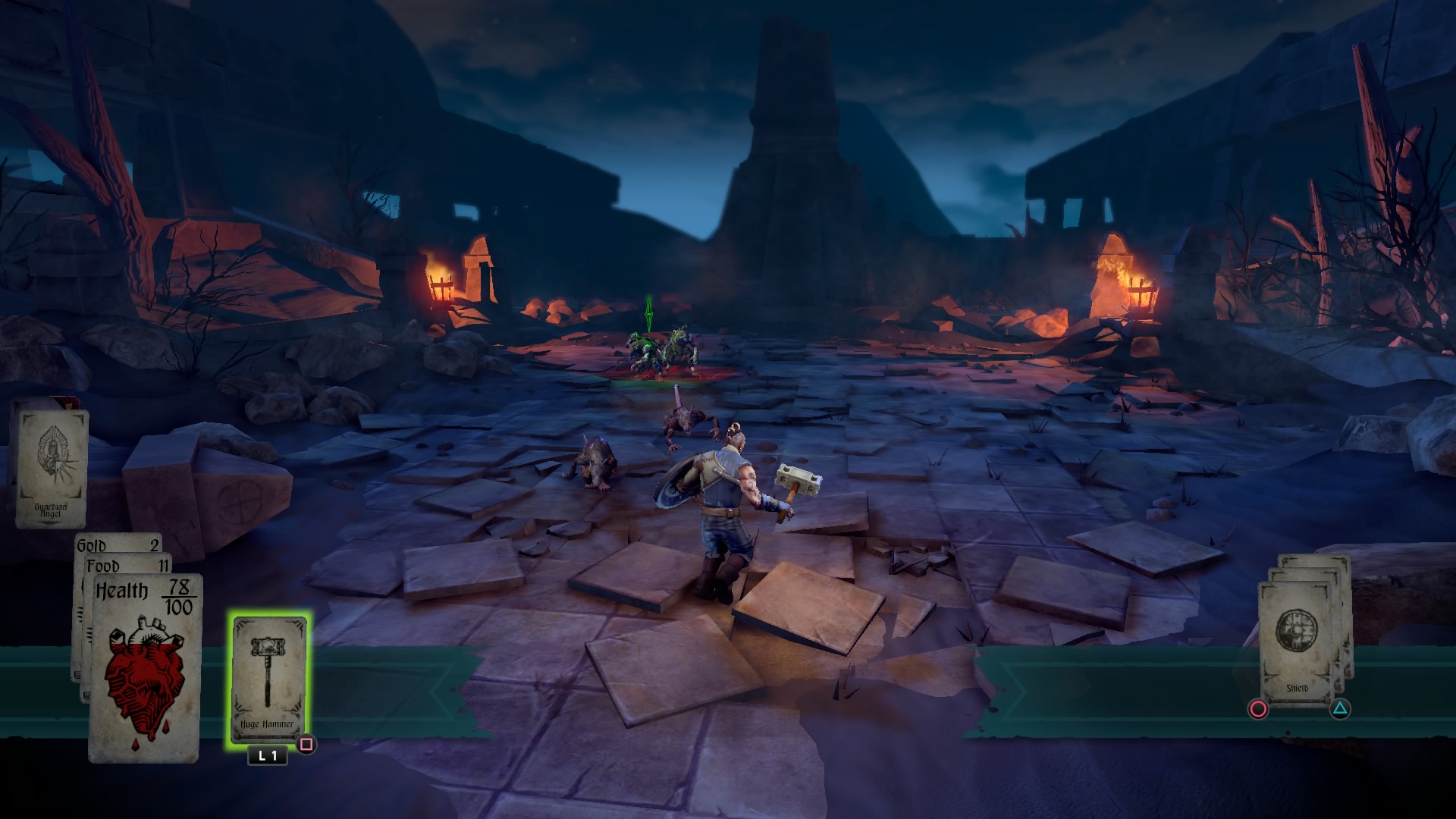
-
Hand of Fate
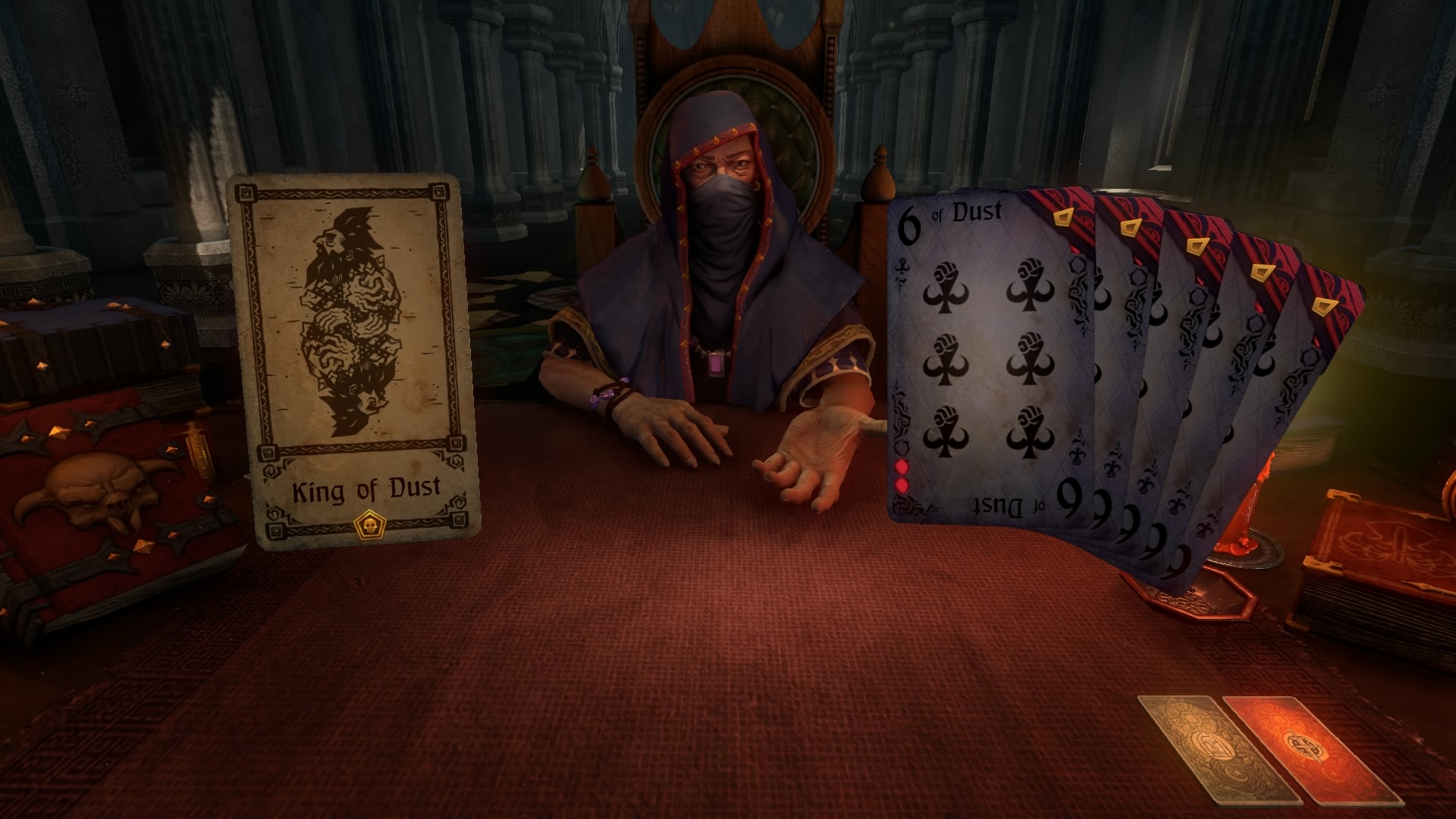
-
Hand of Fate
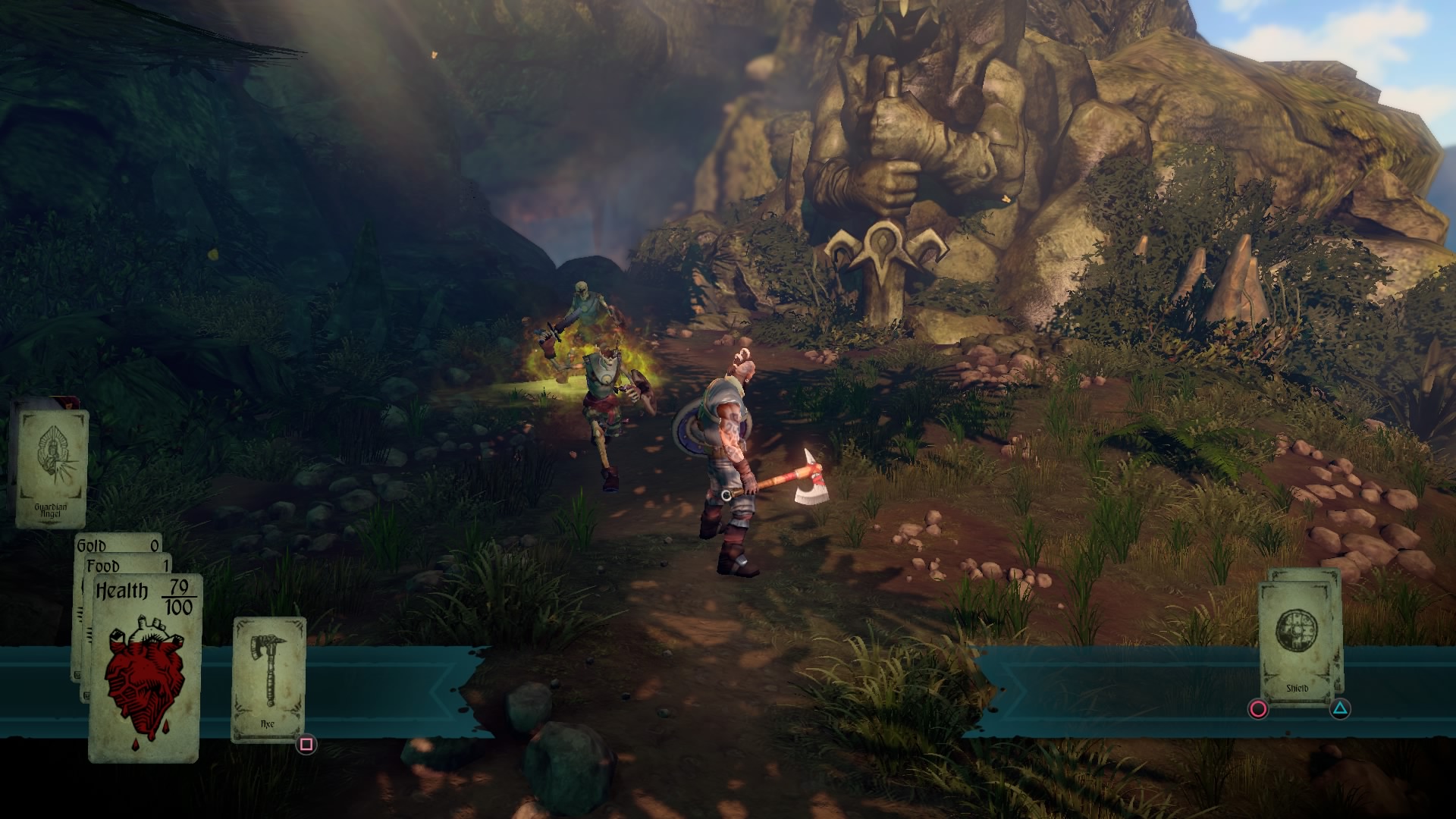
-
Hand of Fate
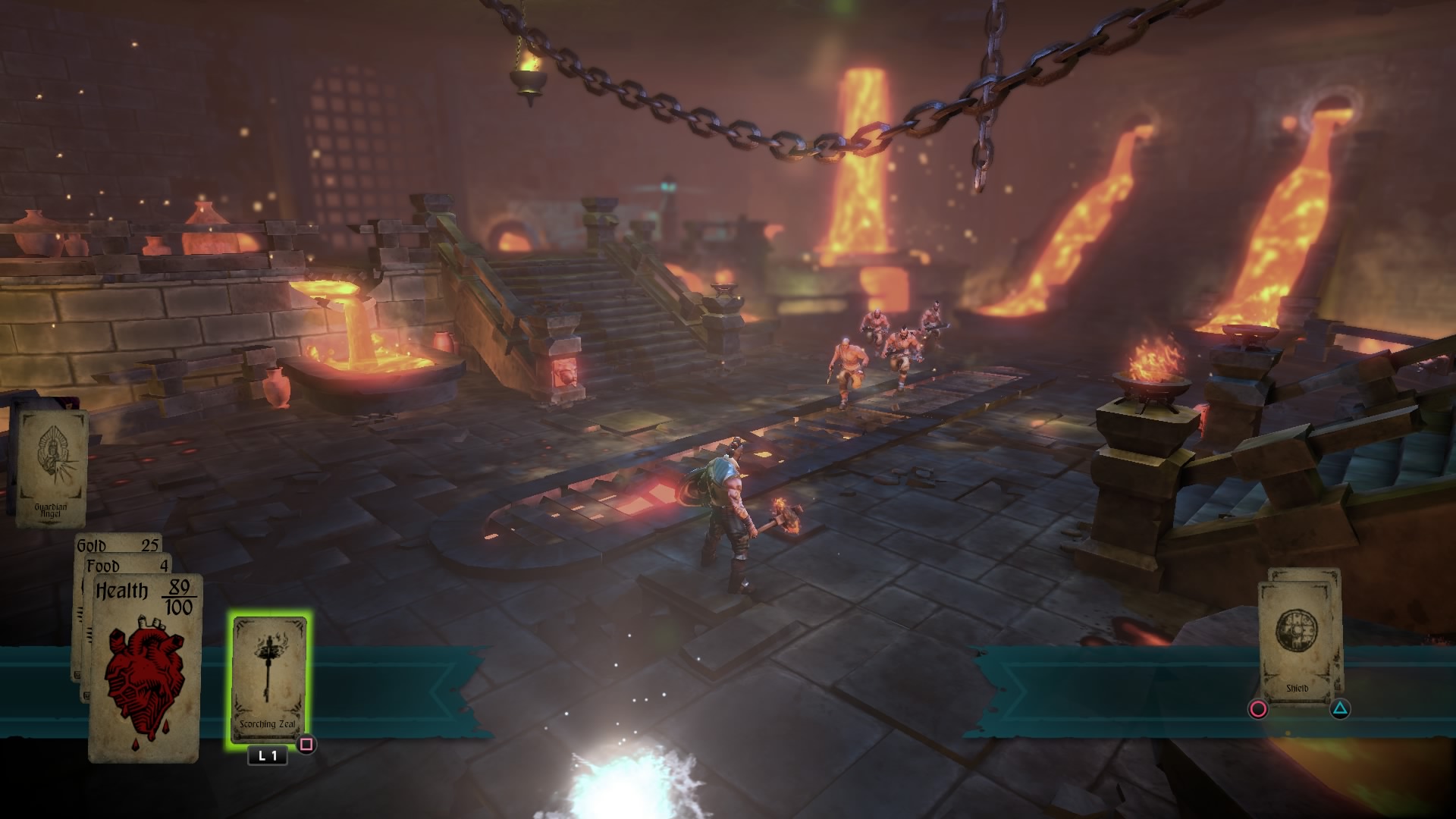
-
Hand of Fate
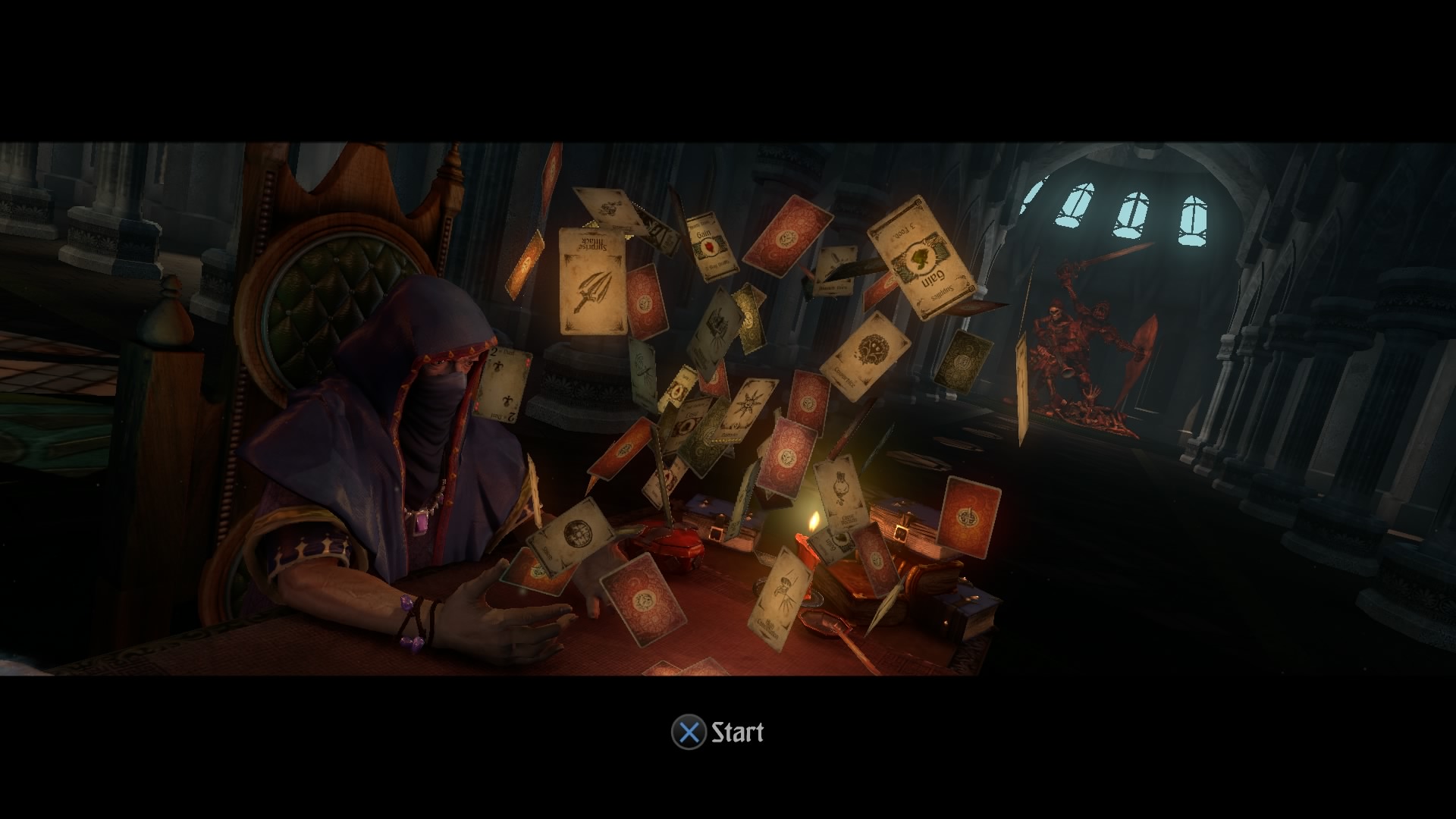
-
Hand of Fate
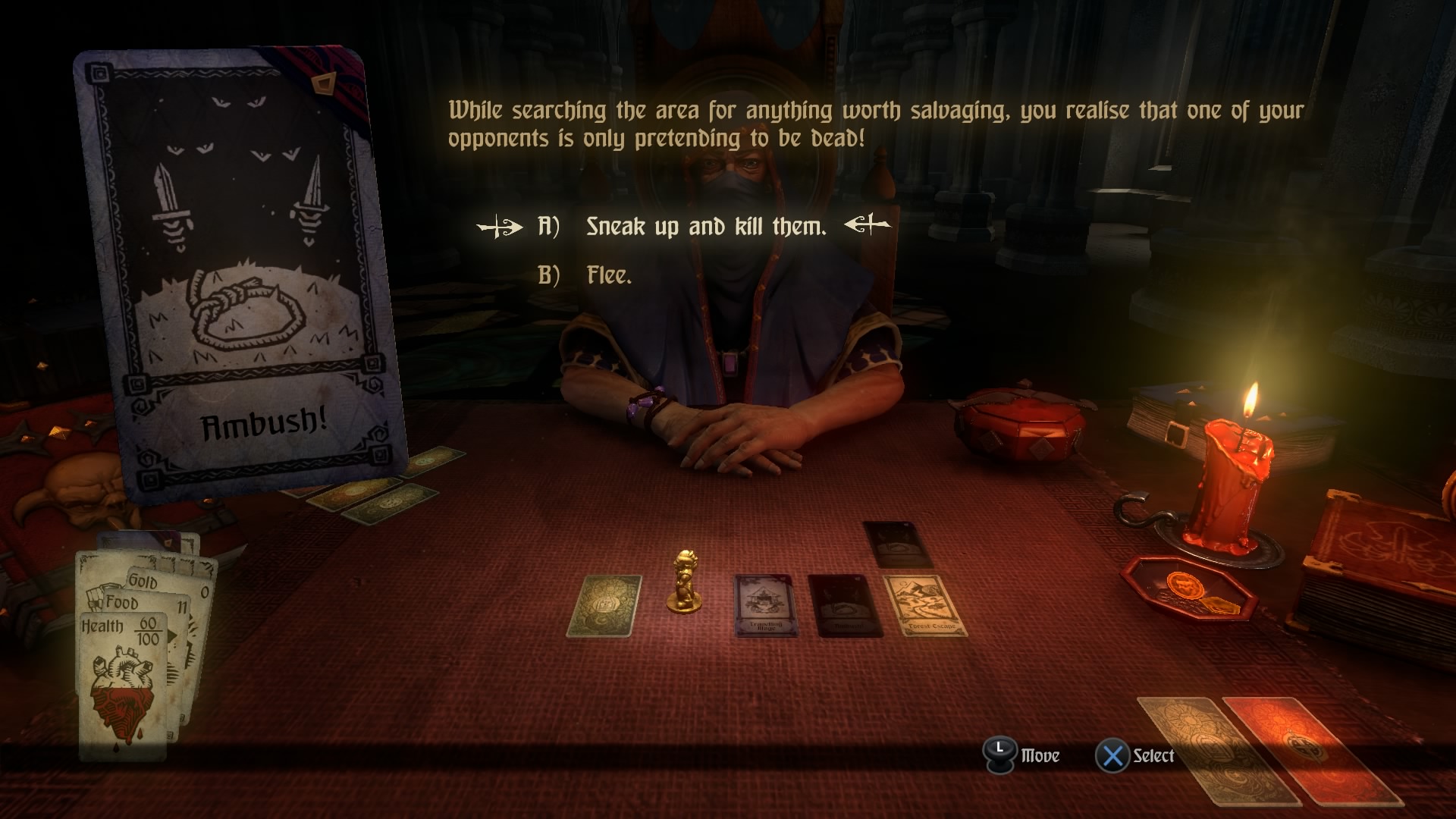
-
Hand of Fate
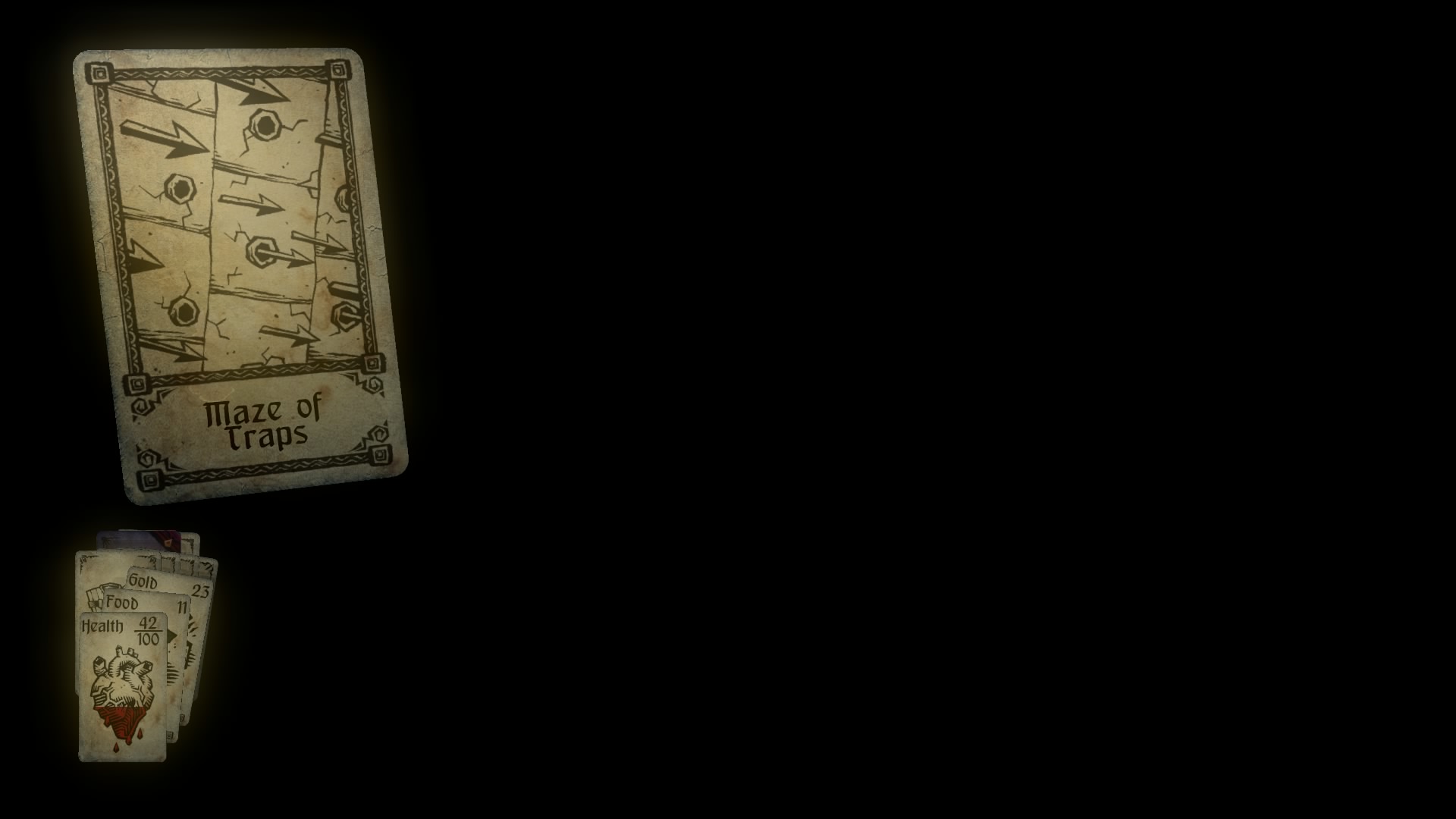
-
Hand of Fate
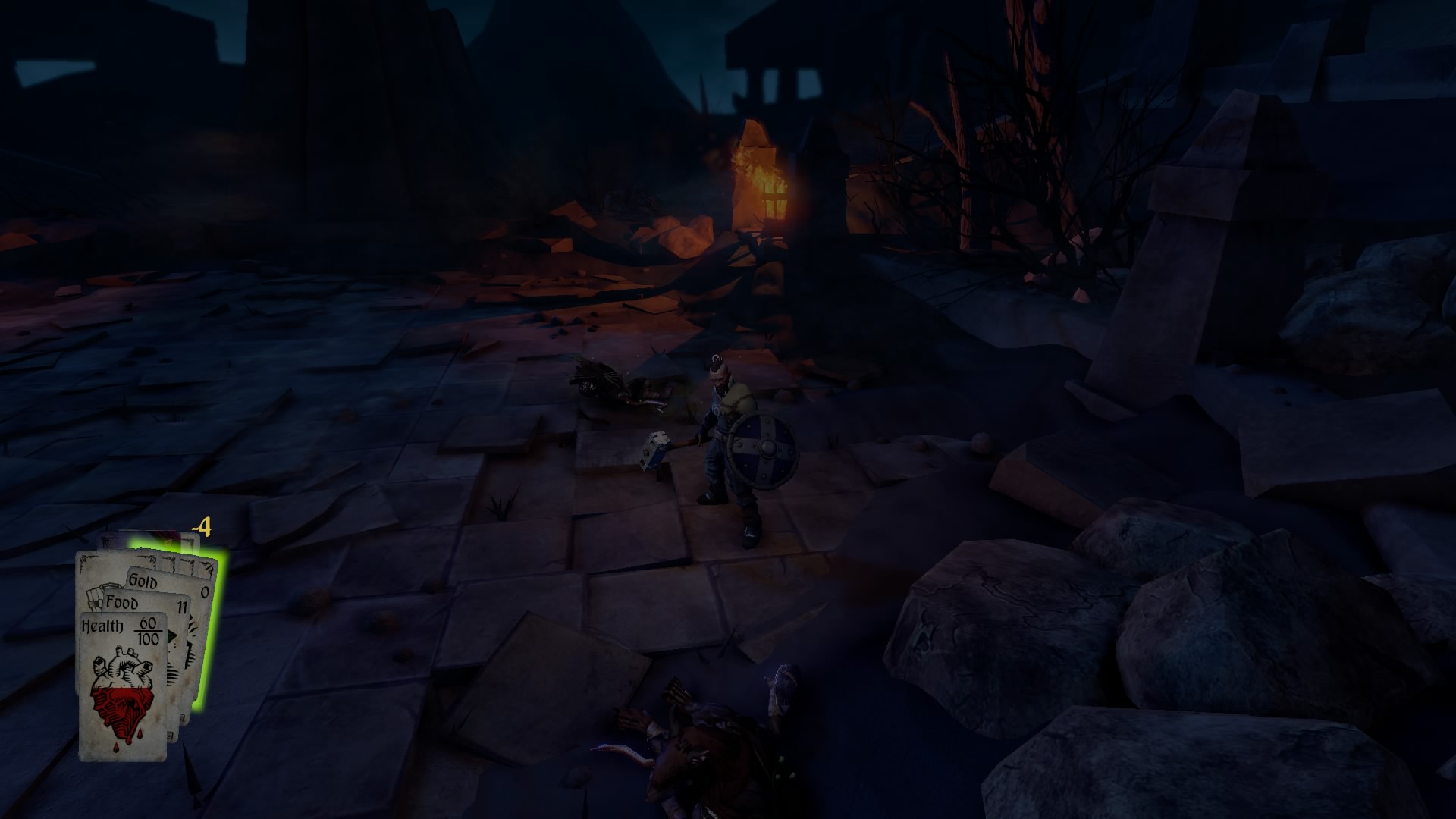
-
Hand of Fate
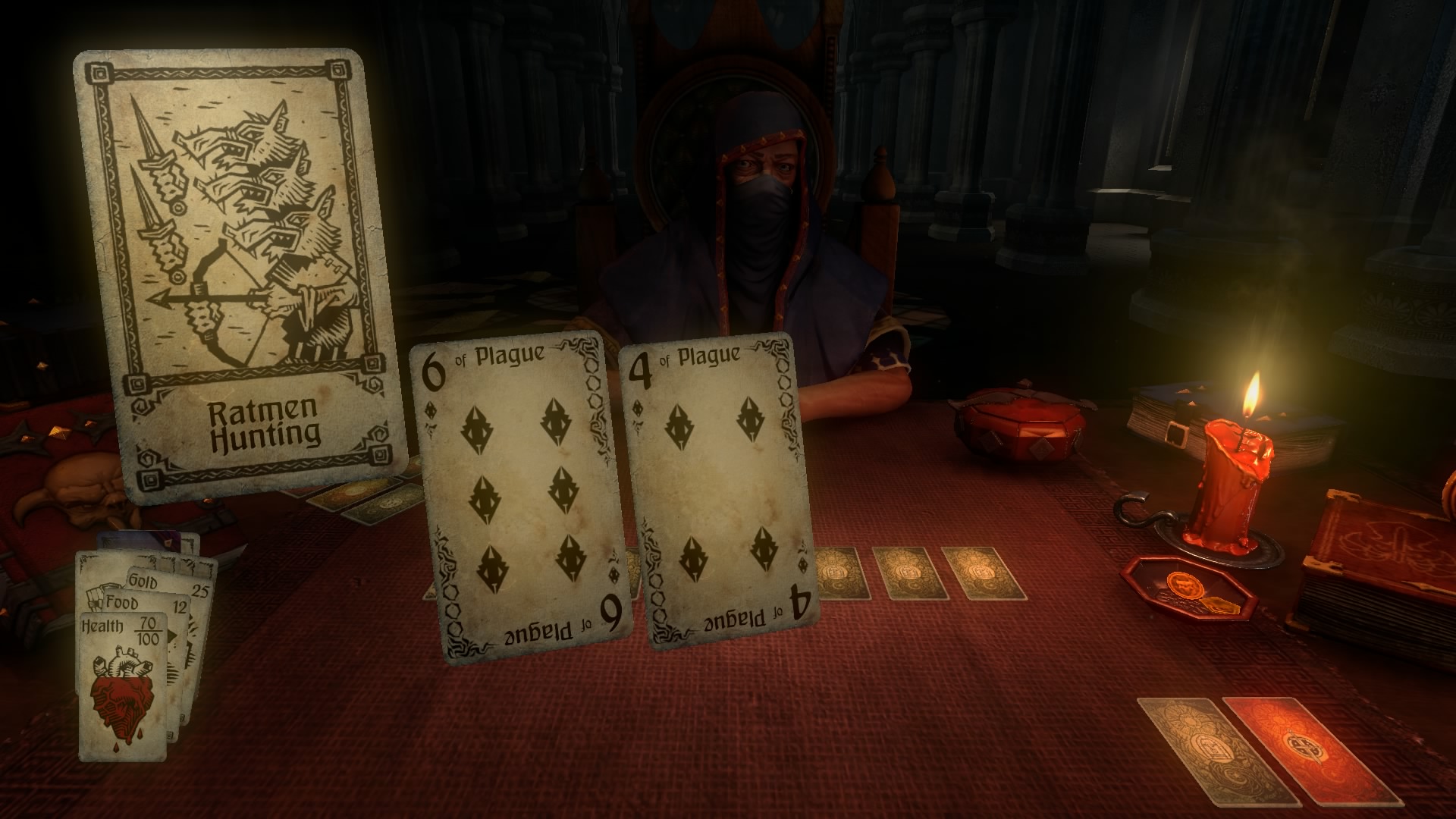
-
Hand of Fate
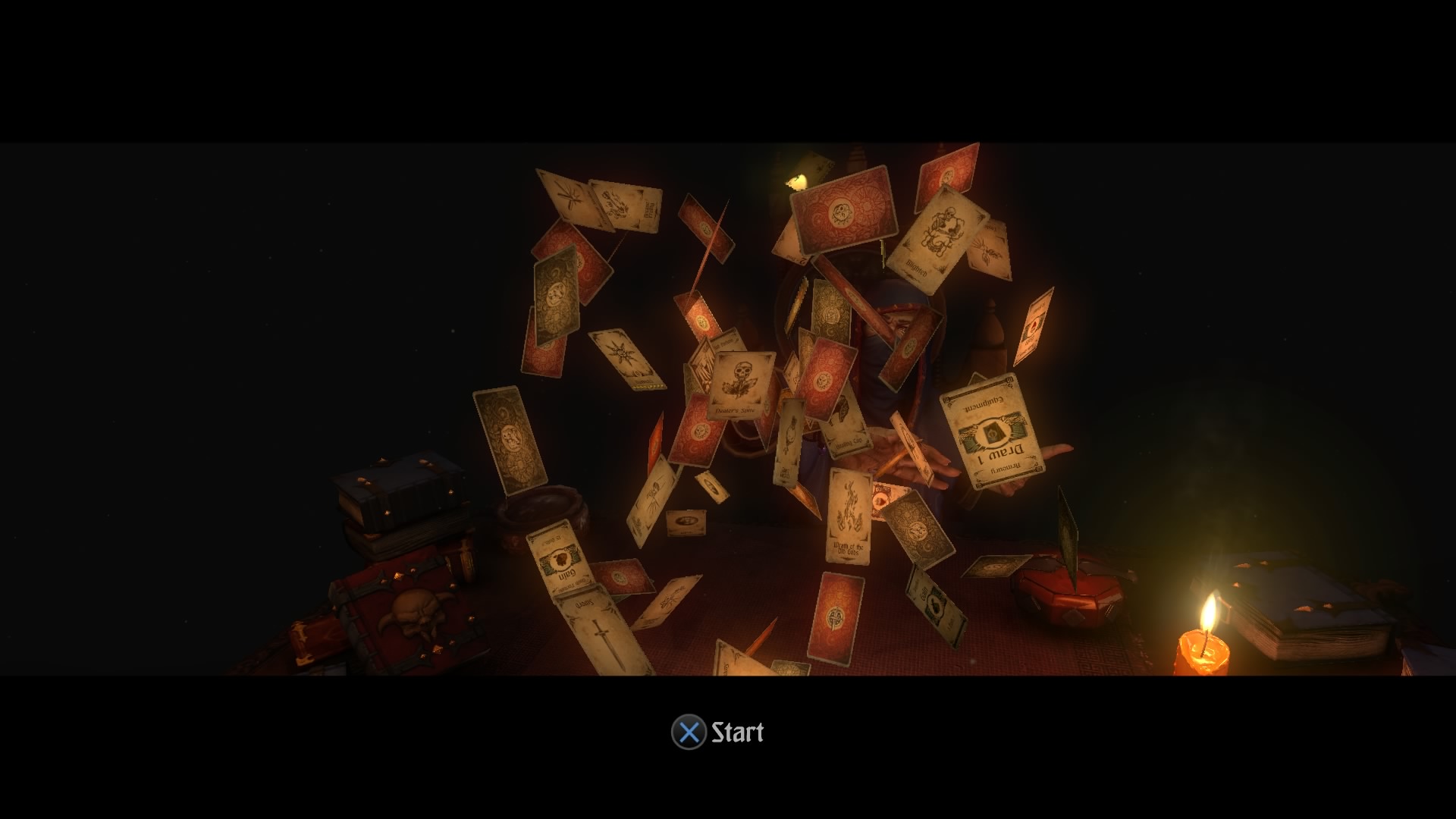
-
Hand of Fate
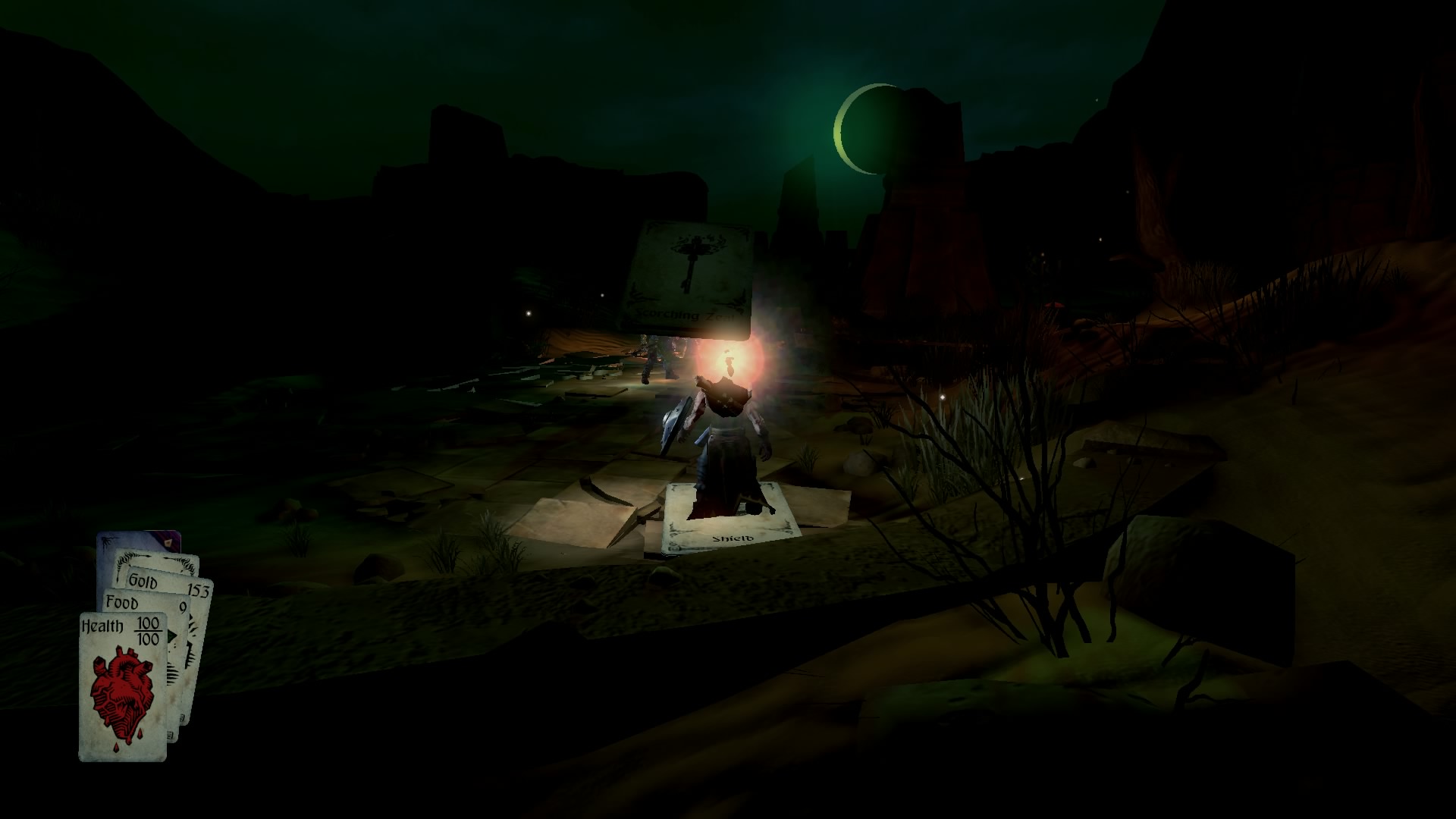
-
Hand of Fate
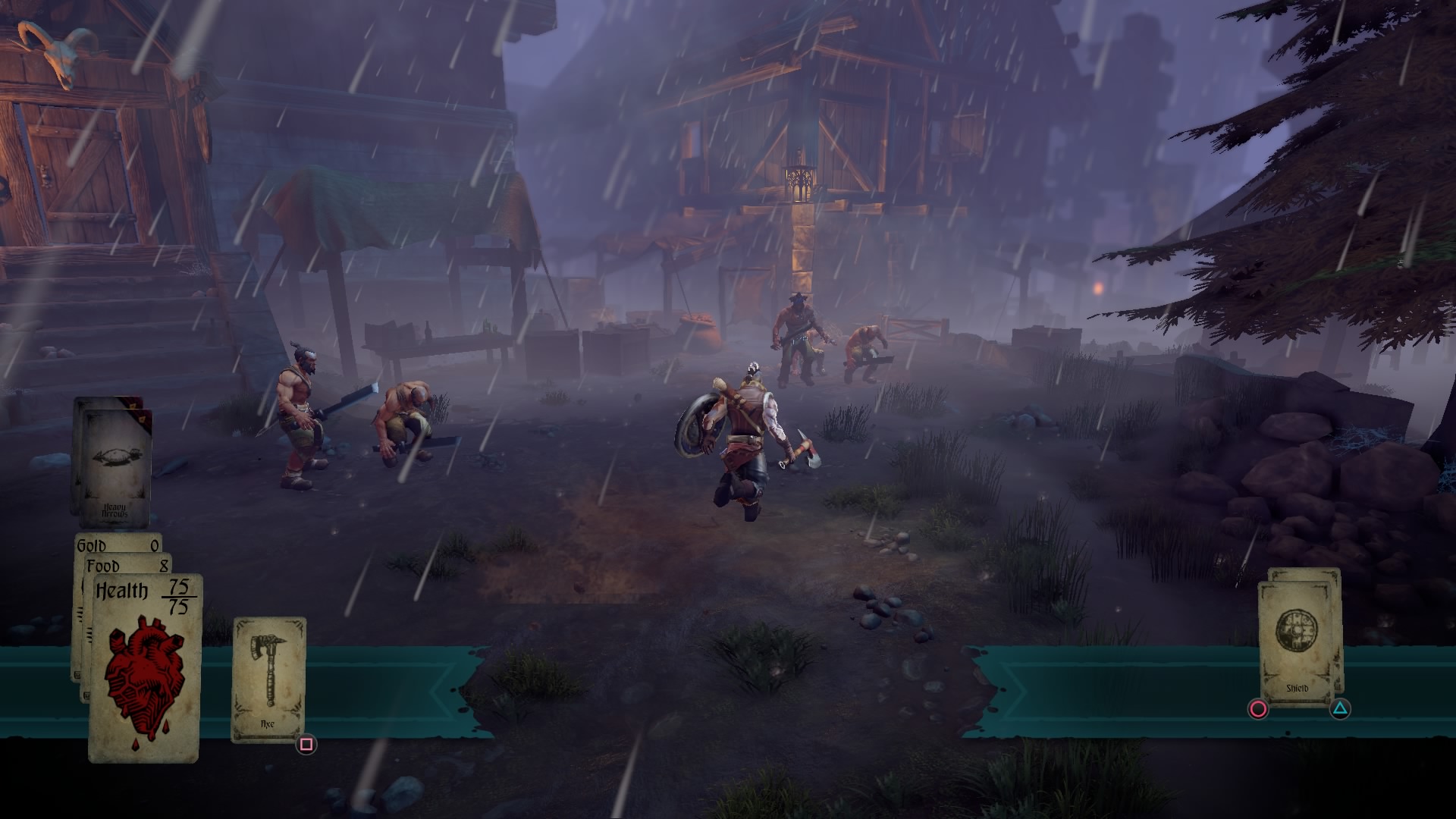
-
Hand of Fate

-
Hand of Fate
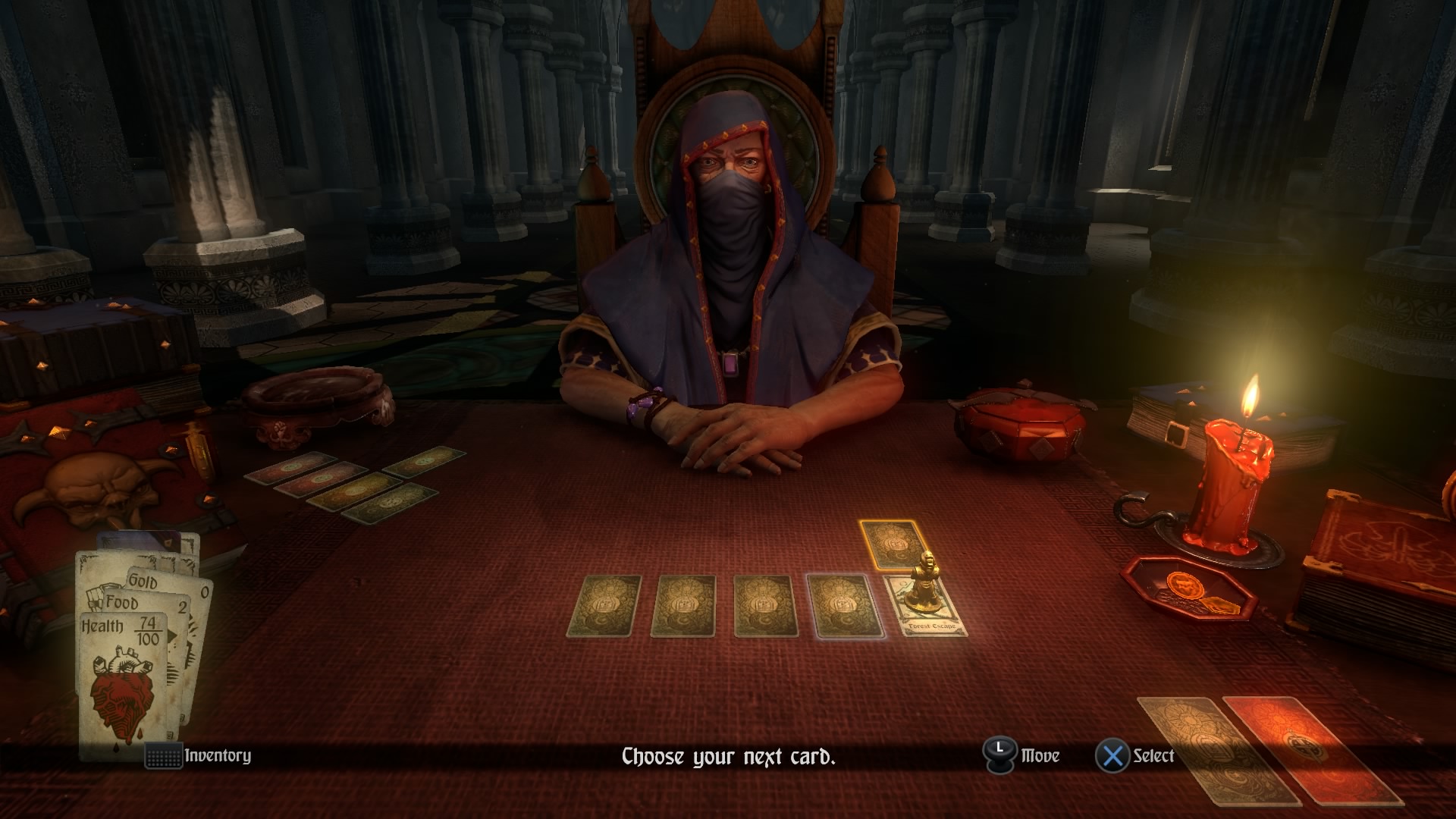
-
Hand of Fate
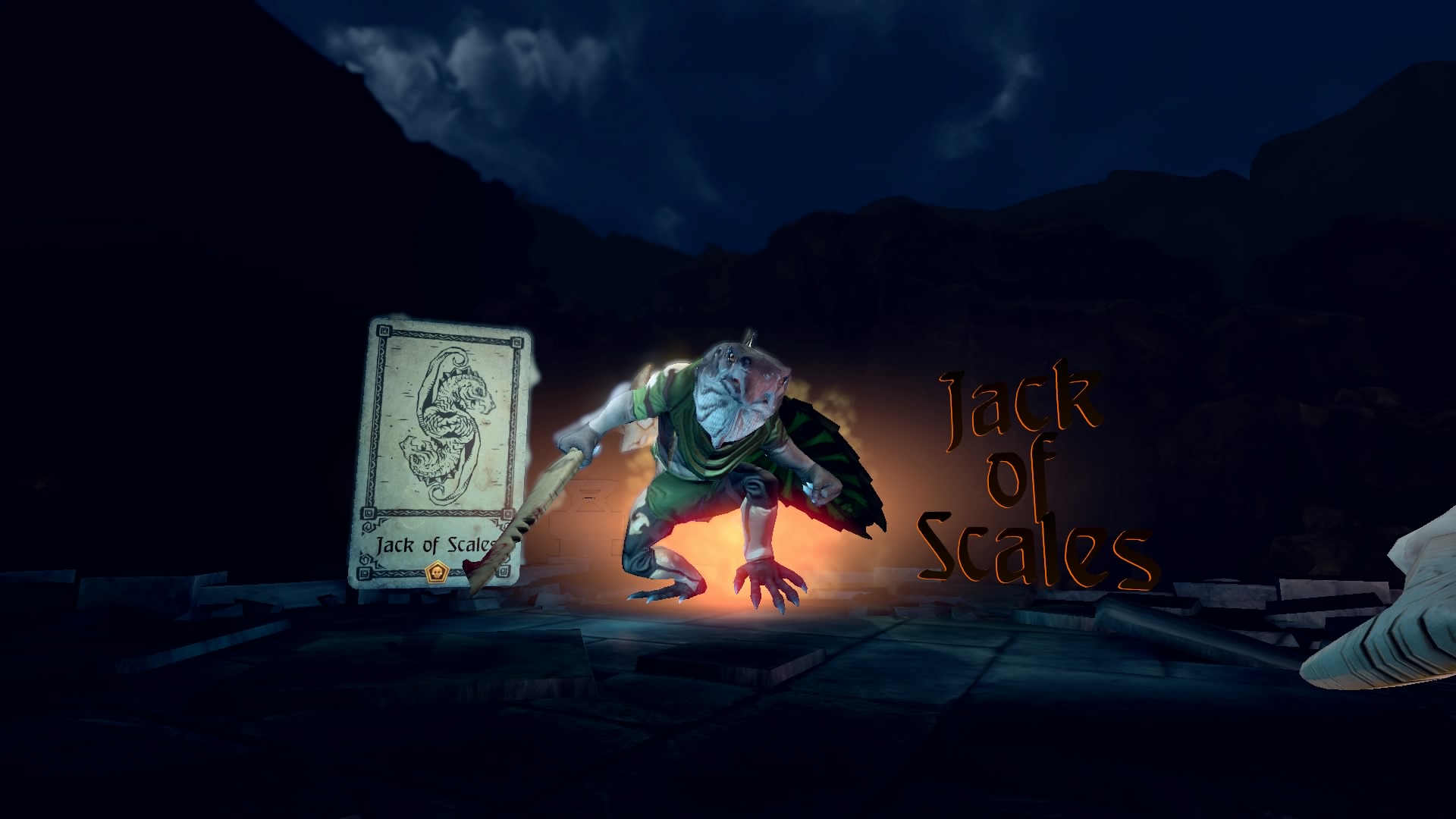
-
Hand of Fate

-
Hand of Fate
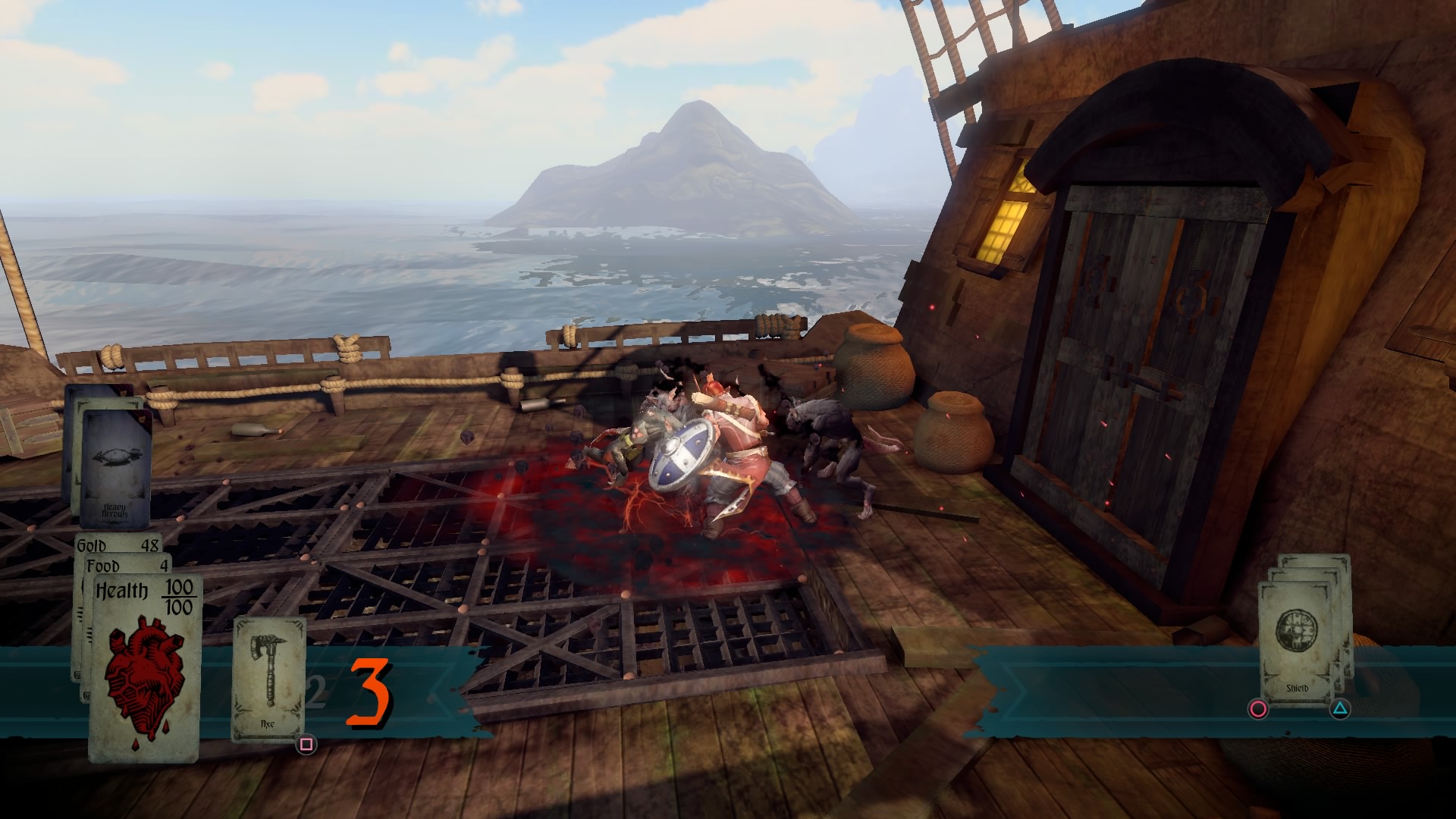
-
Hand of Fate
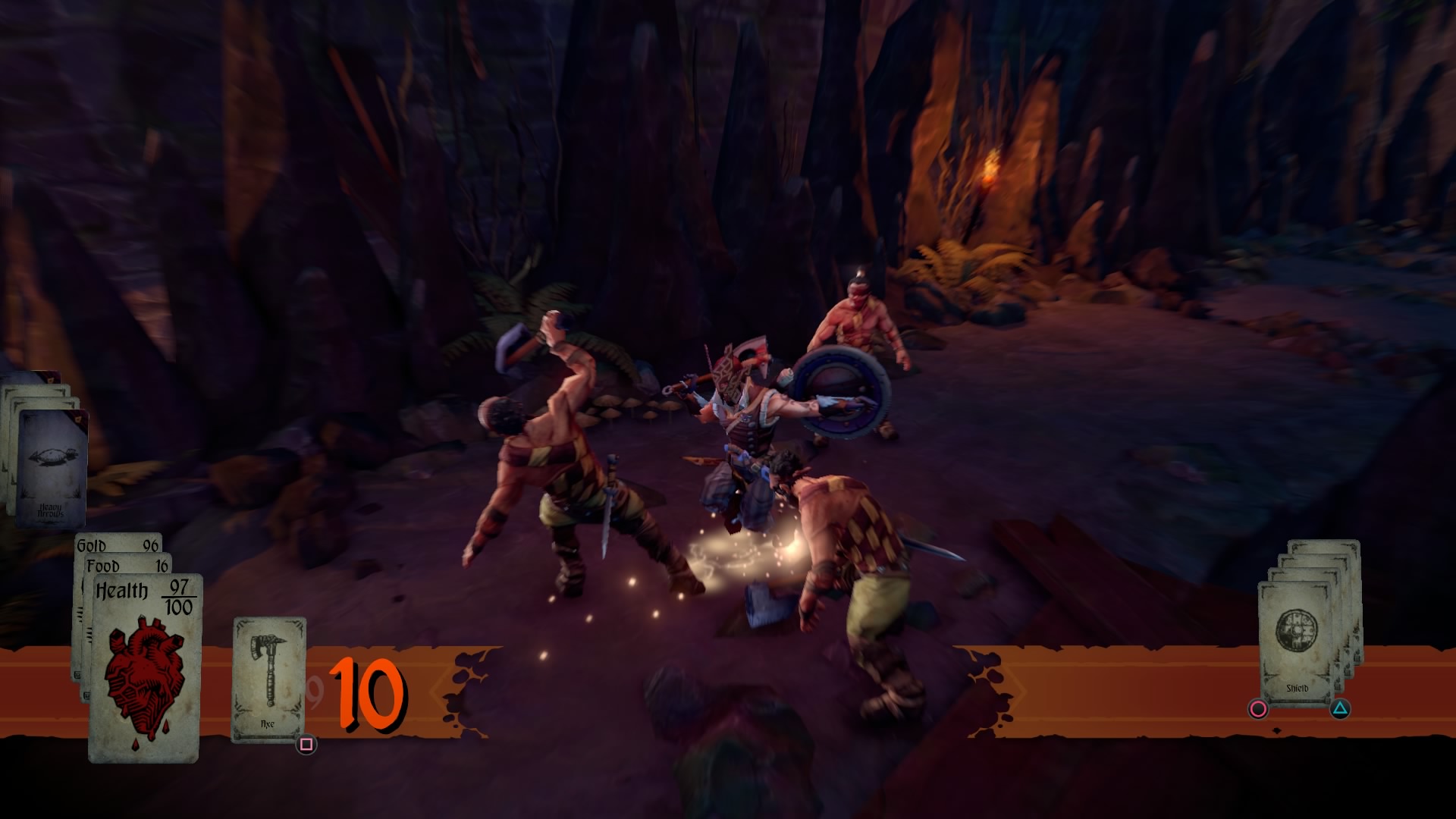
-
Hand of Fate
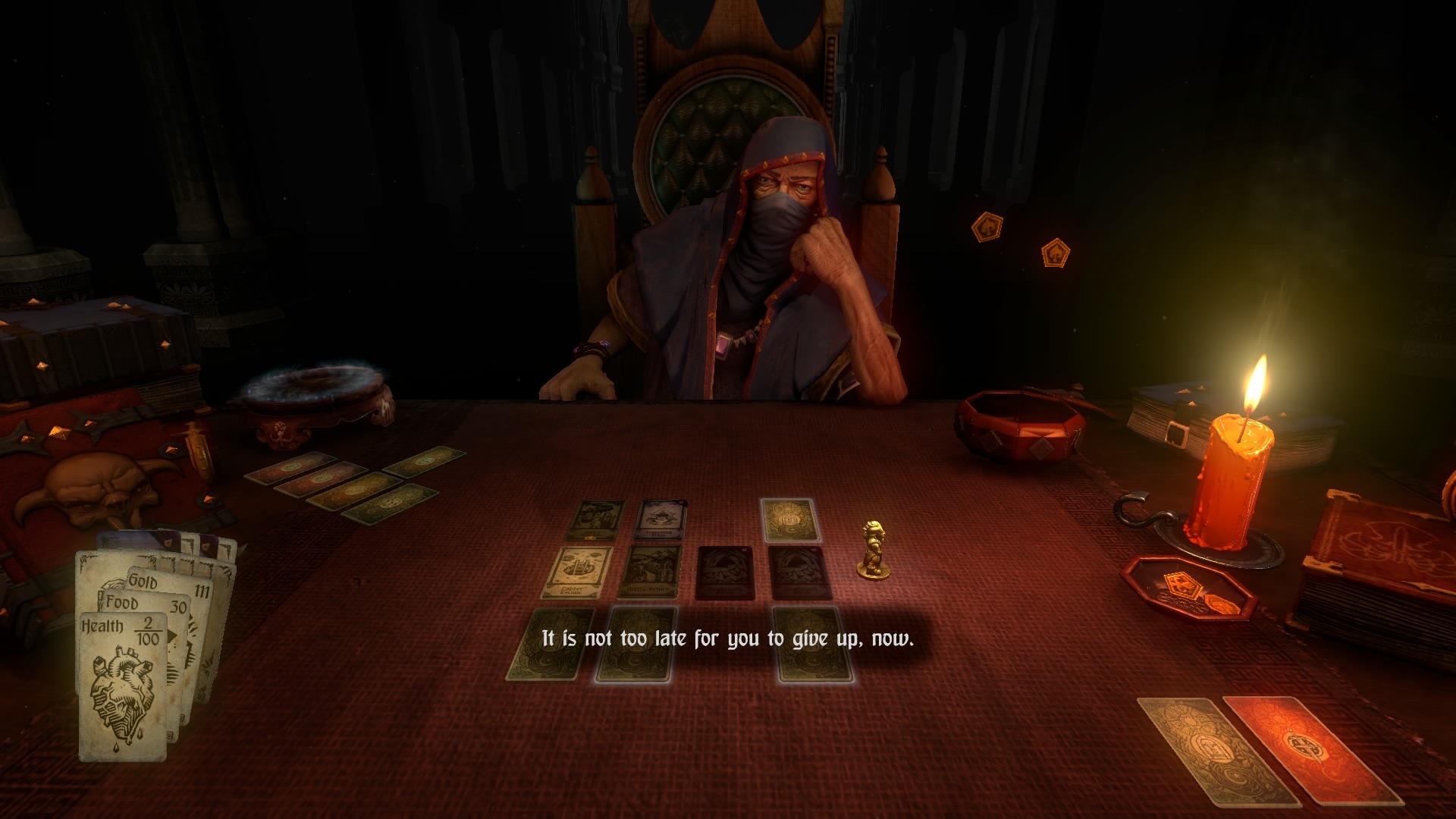
-
Hand of Fate
